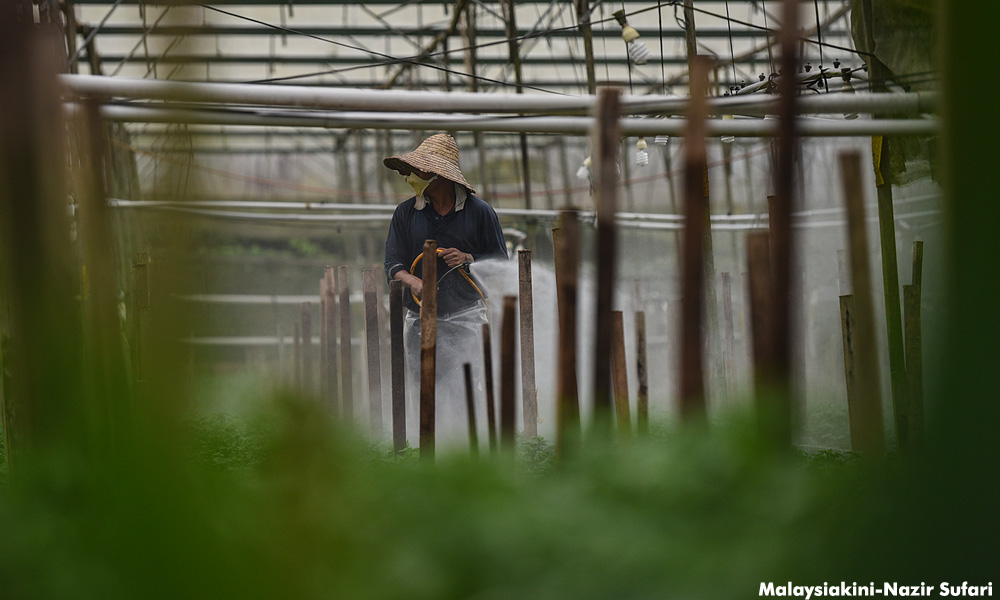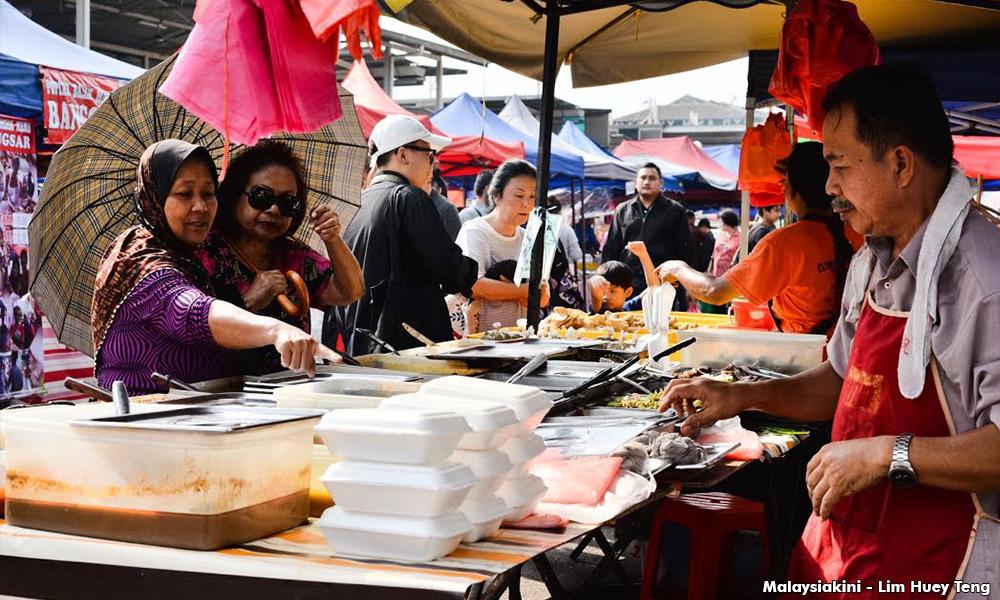The government is finding ways to balance the necessity of urbanisation with its ability to produce and distribute quality and affordable food, said Agriculture and Agro-Based Industry Ministry secretary-general Ismail Bakar.
Ismail said there was a great challenge to ensure food security in the face of rapid urbanisation, and this included the possible impact of those challenges through three perspectives in food supply, food demand, and the linkage between supply and demand.
He said that through the perspective of food supply, one of the biggest issues was the competition of resources as cities expanded and agricultural land was converted into residential or industrial areas.

“Land is a critical component of agriculture, and no land means crops cannot grow and livestock won’t be raised,” said Ismail at the 9th World Urban Forum (WUF9) session on Urban-Rural Linkages: Territorial Development and Food Security in Kuala Lumpur today.
He said there was also competition for another important resource, namely labour.
Ismail said that as more and more of the population migrated from the rural areas to the cities, the agriculture sector found itself with a pool of labour that was shrinking and aging.
Looking at the impact of urbanisation on food demand, Ismail explained that urban dwellers were net food buyers, which meant that their affordability to have access to food was more dependent on cash income, "in other words, the more the people can afford it, the more demand for food.”
Therefore, sufficient employment opportunities in the cities would help ensure food security among its people, he added.
“I am proud to echo our Prime Minister’s confidence that Malaysia has put all the right policies in place to ensure the country manages the rural-urban transition well, including making sure unemployment is kept low.
“The Economic Transformation Programme (ETP) that the government put in place in 2010 has delivered 2.26 million jobs, over one million of which are high-income jobs,” he said.

Ismail said food waste and food loss were challenges at both the production stage and the consumption stage and, in Malaysia, 15,000 tonnes of food daily were wasted including 3,000 tonnes that were still fit for consumption.
“Current regulations and practices might not allow, or even prohibit, the redistribution of food still fit for consumption, for fear of health implications. This is an area that urban policy planners may need to look at,” he said.
While the third perspective, the linkages to bring together the supply side of food security and the demand side of food security, Ismail said migration of population from rural areas to cities meant that more and more food would have to find its way from the agricultural fields in the rural areas to the homes of urban dwellers.
Giving an example, he said a study estimated that a city of about four million people, roughly the size of Berlin, Kolkata or Los Angeles, required about 3,000 tonnes of food a day. This means about two three-tonne trucks entering the city every three minutes.
“This puts pressure on rural infrastructure, transportation and food distribution outlets. If the necessary investment in infrastructure is not made, there is a real risk of food insecurity, especially for the urban population,” he said.
- Bernama

